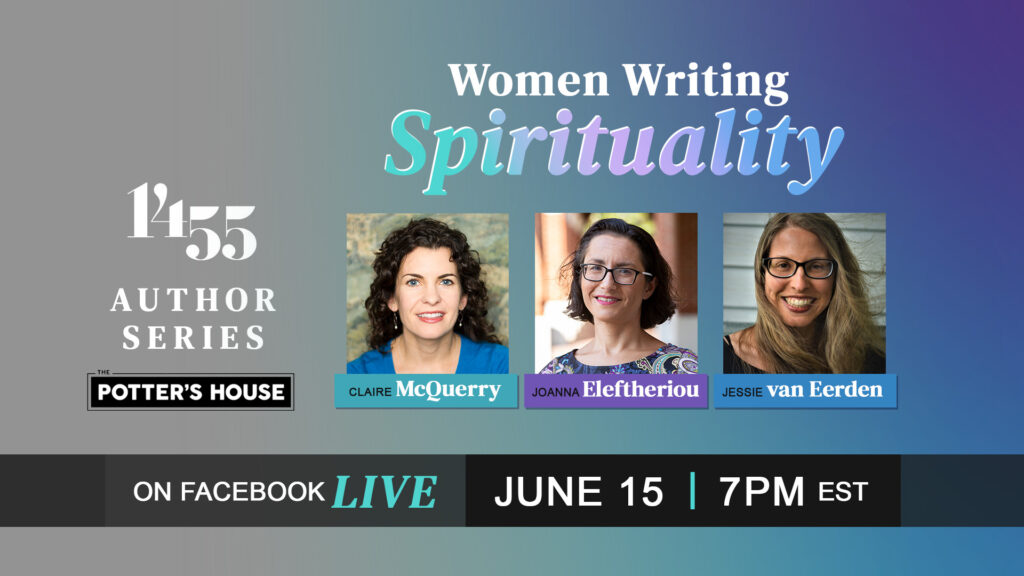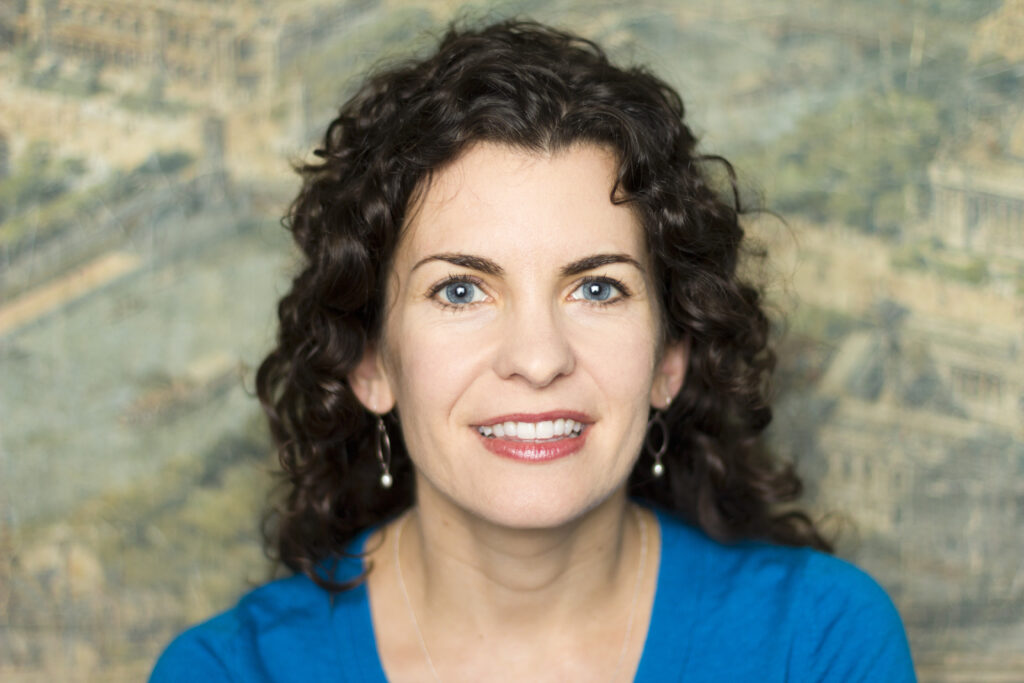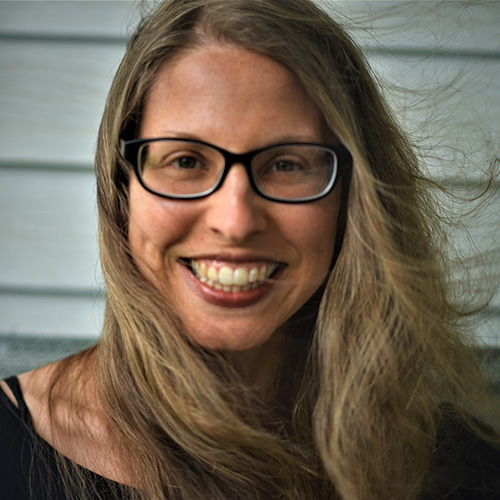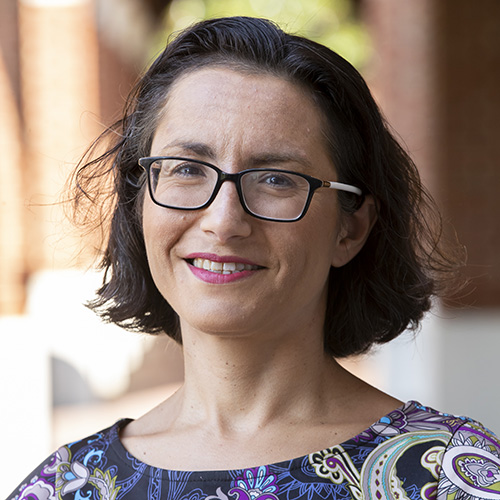
When I was approached about this panel, I immediately agreed it should be part of our monthly Author Series for two reasons: one, I am familiar with these excellent writers, and am happy to showcase them; but I also think this topic WOMEN WRITING SPIRITUALITY is at once refreshing, timely, and necessary. Let’s face it, we’ve been through a year that has stretched all of us to the limits of sanity, buffeted by anxiety including everything from politics to pandemics, concerns for the health of our families, for our planet, and a gradual acknowledgment that there can’t, and won’t be any return to what we may have, in the naiveté of early 2020, called “normalcy.” It is, then, a time for reflection and soul searching, and we got all that –and more– during this hour-plus reading/discussion, which managed to encapsulate a little bit of everything, but also seem much too short (perhaps because, if you’re trying to cover everything, you need more time; as such, we intend to continue this conversation soon!). It’s certainly not often one has the opportunity to be taken from the images of medieval churches to fish fries and outhouses to blooming hills going from brown to green and dry riverbeds being flooded. Throughout, there was the push and pull of inexorable dichotomies: flesh vs. spirit, earth vs. air, yearning vs. actuality.
1455 encourages you to pick up copies of these authors’ books and support independent booksellers via our great partners at D.C.’s historic The Potter’s House.
Author bios, video of the event, and some writing prompts, below.

Claire McQuerry is author of the poetry collection Lacemakers, winner of the Crab Orchard First Book Prize. Her poems have appeared in Tin House, Fugue, Poetry Northwest, Gettysburg Review, RHINO, Waxwing, and other journals. She is an Assistant Professor of English and Creative Writing at Bradley University. Find her online at clairemcquerry.com

Jessie van Eerden is the author of the portrait essay collection The Long Weeping and three novels: Glorybound, My Radio Radio, and Call It Horses which won the 2019 Dzanc Books Prize for Fiction and was released March 2021. Her work has appeared in Best American Spiritual Writing, Oxford American, Image, New England Review, and other magazines and anthologies. Jessie holds an MFA in nonfiction from the University of Iowa and teaches creative writing at Hollins University. Find her online at jessievaneerden.com

Joanna Eleftheriou is author of the essay collection This Way Back. Her essays appear in Crab Orchard Review, Arts and Letters, The Common, and Sweeter Voices Still: An LGBTQ Anthology from Middle America. A contributing editor at Assay: A Journal of Nonfiction Studies, Joanna holds a PhD in English from the University of Missouri and teaches at Christopher Newport University and the Writing Workshops in Greece. Find her online at joannaeleftheriou.com
Some Writing Prompts:
Writing prompt by Joanna Eleftheriou (@joannaessayist)
1. Think about a moment connected to your faith or spirituality that stands out in memory
2. Identify a taste or smell from that moment, and try to describe the source of that taste/smell.
3. Find one concrete or scientific fact about the source of the taste/smell. Copy into a notebook.
4. Find and copy one quote from scripture or other spiritual text that comes to mind after this.
5. Leave this alone for a day and do a free write about that moment, focused on the sensory details, and weave into the narrative or description either the fact or the quote.
www.joannaeleftheriou.com
Claire McQuerry
Prompt: Writing an Apostrophe
The apostrophe is an “address to someone or something other than the actual audience; it includes address to individuals, but it especially denotes address to what is not an actual listener: abstractions, inanimate objects, or persons absent or dead” (Culler 212). Culler adds that “the less ordinary the addressee, the more the poem seems to become a ritualistic invocation” (188).
The following prompt offers some additional constraints to help you free your creativity:
List A: Your apostrophe should be addressed to one of the following:
- An object in your house
- A city/town where you’ve lived
- A color
- A wild animal (not a pet)
- Someone you haven’t spoken to in years.
- God
List B: Include at least two options from the following list:
- Something you fear
- A question
- A piece of family gossip
- A piece of advice someone else has given you
- Two truths and a lie
- A dream image
List C: Include at least two words from below:
- Leaf
- Pool
- Plate
- Button
- Sift
- Lock
See Culler, Jonathan, Theory of the Lyric, 2015 for a deeper dive into the apostrophe as poetic mode. I have included several examples of apostrophe on the following pages.
Some examples of apostrophe:
“Westron Wynde”
Western wind, when wilt thou blow
The small rain down can rain
Christ, that my love were in my arms
And I in my bed again!
Death, Be Not Proud
–John Donne
Death, be not proud, though some have called thee
Mighty and dreadful, for thou art not so;
For those whom thou think’st thou dost overthrow
Die not, poor Death, nor yet canst thou kill me.
From rest and sleep, which but thy pictures be,
Much pleasure; then from thee much more must flow,
And soonest our best men with thee do go,
Rest of their bones, and soul’s delivery.
Thou art slave to fate, chance, kings, and desperate men,
And dost with poison, war, and sickness dwell,
And poppy or charms can make us sleep as well
And better than thy stroke; why swell’st thou then?
One short sleep past, we wake eternally
Apostrophe
–Martha Serpas
See, now You are finally offstage where we can talk.
I can’t see through the drapes and pulleys, it’s too dark
for me to turn them into moss and oaks, too dark
for me to blink wooden risers into a bayou beautiful
in near collapse that once ran a monstrous river into the Gulf,
a scorched stew powerful only in sufficient stillness.
No monstrance, no milagro, no brown scapular scraps,
not even a woven palm frond. Just You and me.
Just me, actually, standing with hip cocked and three
fingers resting on my chin. Not even a naked
household goddess above my bed where I ache
and ache. I hate the Greeks, those bastards, for figuring
You into some kind of flesh—though that cure
is just a start. And the Romans tried, but flesh
must do more than die: it has to live. And here’s what’s next.
Me talking to You in Your most present absence,
without even an apophatic clue. I imagine
Your holy knees gathered to Your chin and Your arms
bound twice around your legs. I imagine Your heart
in a corner beating while You listen to my footfalls
circle from the best damn hiding place of all.
The Particulars of Yearning
a writing prompt from Jessie van Eerden
“Women Writing Spirituality” / 1455 Literary Arts / June 15, 2021
WILLIAM WOOLFITT
The Wish to Take Sacrament with the Red Hill Holiness Church
Sometimes I want to be joined, folded in,
taken into a body not my own,
changed the way grape juice
from a blue Mason jar and the chewed
saltine cracker dissolve on the tongue,
are transformed in the throat,
in the guts. Sometimes I want to kneel
at the plank bench inside the one-room
church with insurance calendars,
the nativity on velvet, and flyswatters
hanging on the walls. I want
the enjoyment Brother Roy describes,
want to untie my shoe, slip off my sock
while he sets out the dishpans,
while Sister Gladys plugs in
the coffeepot, heats water to mix
with the chilly well water
pumped outside, water like I imagine
God’s spirit to be—clear, moving, free,
silver-bright in the deeps—
while Sister Myrtle arranges towels washed
a hundred times, wrung out, dried on clotheslines, colorless
and raveling, coming undone.
This speaker is held somewhat outside a religious ritual and looking in, longing for it but still kept at bay somehow. But the longing itself is what gives us the rich imagery—maybe it’s the divine the speaker is after, but only as the divine is manifested in these wonderful particulars and objects, this specific very earthly space. Free write on longing for such concretions in a spiritual tradition that you or a character stands outside of…

